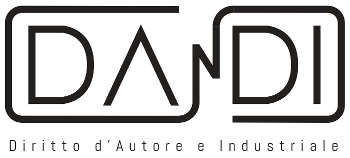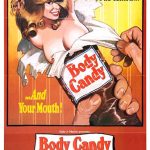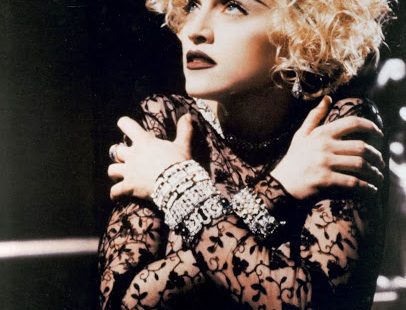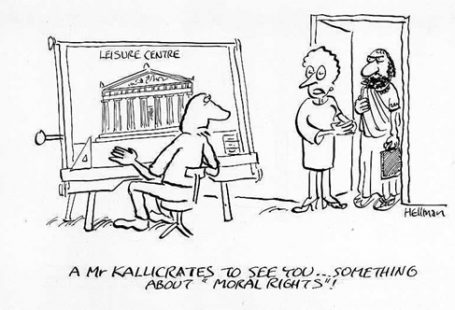Protecting Ideas: What can’t be copyrighted? (New Media Rights)
The question you might come away with may be: what isn’t protected by copyright? Is the law just out of control protecting everything?
There are several categories of things that can’t be copyrighted. A common thread to most of them is that they lack the necessary creativity to be eligible for copyright.
1. Ideas
This includes procedures, processes, systems, methods of operation, concepts, principles, or discoveries. Plans, methods, and devices, are also not protectable. However the particular manner in which they are expressed or described in a writing can be copyrighted.
Copyright protection pertains to original expressions of an idea, but not ideas themselves. While the “expression” of a particular idea is copyrightable, for example, an article, journal, book, movie, etc., the idea itself is not copyrightable.
Therefore, while the particular “expression” of an idea is copyrightable, others are free to discuss the same idea and create other “expressions” regarding that same particular idea; they just can’t copy a substantial part of someone else’s work in doing so. Here you might think of the general idea in Romeo and Juliet, for instance, as star-crossed lovers. Anyone can use that idea as the basis for a story, or podcast, or song.
The same thing applies to procedures, processes, systems, methods of operation, concepts, principles, or discoveries.
Keep in mind however, while these are not copyrightable, they may be patentable. But that is another story and another entire area of law. So, like ideas, particular “expressions” of these processes, systems, methods of operation, concepts, principles, and discoveries may be copyrightable.
However, the processes, systems, methods of operation, concepts, principles, and discoveries themselves may be freely reproduced by anyone without violating copyright law.
2. Facts (including data)
The facts and data themselves are not copyrightable themselves because they are facts. Thus, the population of the United States is not a copyrightable fact, although a particular expression of this data in the form of a report or article is.
Another simple illustration of facts not being copyrightable is the news. Although print, video and online expressions of news are copyrightable, the news itself is not copyrightable. This limits censorship, allows discussion and debate on blogs, and promotes public access to and the free exchange of information.
3. Information already in the public domain
Works consisting entirely of information that is common property containing no original authorship are not copyrightable.
Information in the public domain is also not copyrightable. But what does “public domain” mean? Public domain is, with respect to copyright law, a status of works of authorship that are not protected under copyright because either the copyright has expired or never had such protection. Works in the public domain may be freely copied in whole or in part.
4. Works made by the federal government
Works of government are not copyrightable. This includes reports, memos, documents, rules, agency publications, etc. Such works may be freely copied in whole or in part, and may even be repackaged and sold. Individual State governments, however, are not prohibited from copyrighting their works. States usually do not assert copyrights, as a practical matter, although computer software and other high-cost proprietary items may be the exception.
5. Laws (including court decisions, statutes, cases, regulations, and constitutions)
Court decisions, statutes, cases, regulations, and constitutions are not copyrightable, as courts have repeatedly held that such works are in the public domain.
6. Short phrases and titles
Words and short phrases are not copyrightable. This includes as names, titles, and slogans; familiar symbols or designs; mere variations of typographic ornamentation, lettering or coloring; and mere listing of ingredients or contents.
7. Blank forms and works designed for recording information
Blank forms, such as time cards, graph paper, account books, diaries, bank checks, scorecards, address books, report forms, order forms and the like, which are designed for recording information and do not in themselves convey information. All are not copyrightable.
8. Fonts
Fonts may or may not be copyrightable. When used for the functional purpose of allowing someone to record information on a typed document, fonts are not protectable. But when used as aesthetic elements of a design, fonts can be protected.
9. Domain names (also known as web addresses or URLs)
The reason why domain names aren’t copyrightable can be rationalized in a number of ways. For one, they can be seen as un-protectable factual information because they serve a functional purpose to show a location. Or they can be unprotected due to lacking originality. Or they can be unprotected because they are short titles or phrases, which can’t be protected.
10. Mechanical or utilitarian parts
Objects with useful functions like “lamps, bathroom sinks, clothing, and computer monitors” are unprotected. Many designs of consumer products (like distinct-looking coffeemakers) therefore aren’t copyrightable.
Dandi Law Firm provides legal assistance in several Practice Areas. Check out our Services or contact Us!





